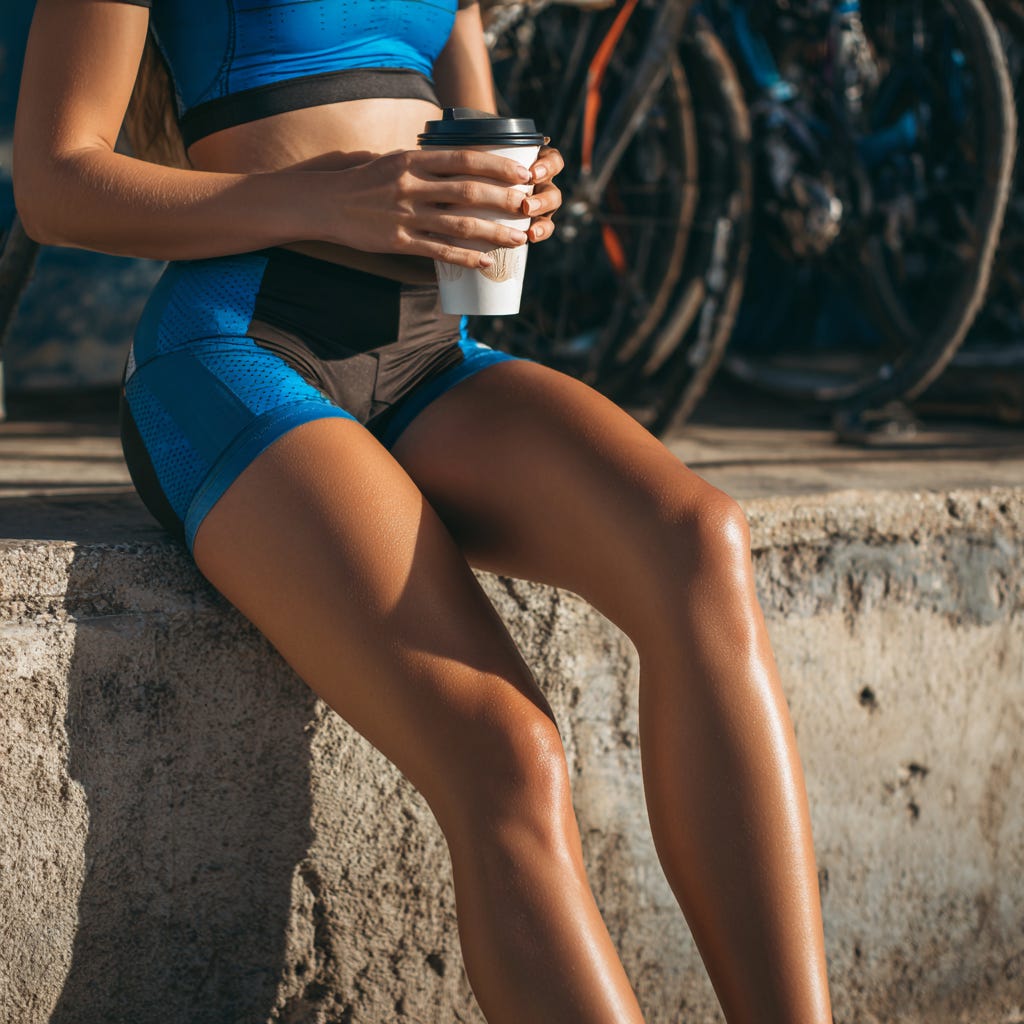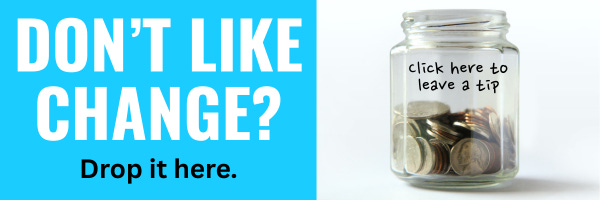Pre-Ride Coffee Boosts Cross-Country Cycling Performance
As though we needed a reason.
Ever wondered if your pre-ride coffee actually gives you a real edge on the trails, or if it’s just a ritual? This study tackles that exact question for recreational mountain bikers.
Aim: To determine if drinking caffeinated coffee (at 3 mg/kg body weight) before a cross-country cycling time trial improves performance in recreational cyclists, compared to decaf (placebo).
Key Points
Participants: 11 recreational cyclists (9 men, 2 women; average age 22), all with at least 3 years’ mountain biking experience and low habitual caffeine intake.
Design: Randomised, single-blind, crossover trial with each cyclist acting as their control.
Protocol: Each cyclist completed two 13.9 km cross-country time trials after drinking either:
Caffeinated coffee (3 mg/kg caffeine)
Decaf coffee (0.04 mg/kg caffeine, as placebo)
Drinks were consumed 60 minutes before the trial.
Measurements: Time to complete the course, average and max speed (via GPS), heart rate, and perceived exertion (Borg scale).
Methods
Each cyclist did two familiarisation rides (one easy, one all-out).
On two separate days (at least 48 hours apart), they did the time trial after either caffeinated or decaf coffee, in random order.
The course had eight sectors with varying technical difficulty, simulating a real cross-country race.
Results
Performance: Caffeinated coffee significantly improved performance.
Completion time: 4.9% faster with caffeine (41.2 min vs. 43.2 min with placebo; p = 0.011).
Speed: Higher average and maximum speeds in the caffeine trial.
Sectors: Caffeine sped up four out of eight-course sectors, regardless of technical difficulty.
Heart Rate: Higher during caffeine trial (169 vs. 162 bpm; p = 0.046).
Perceived Exertion: No difference between caffeine and placebo (both rated 16/20 on the Borg scale).
Related
Practical Takeaways
Drinking coffee (3 mg/kg caffeine, roughly 2-3 strong cups for most people) about an hour before a ride can help you ride faster, even on technical mountain bike courses.
The performance boost is real (nearly 5% faster), and you won’t necessarily feel like you’re working harder.
This effect isn’t just for lab-based, steady-state cycling. It works in real-world, skill-demanding situations.
Caffeine Dose: 3 mg/kg is considered moderate and safe for most healthy adults.
Coffee vs. Pills: Coffee delivers the same ergogenic benefit as caffeine pills, at least at this dose and in this context.
Key Takeaways
Caffeinated coffee is a proven, practical ergogenic aid for recreational cross-country cyclists.
The benefit is not just theoretical or limited to controlled lab settings; it translates to real trail riding, including technical sections.
The performance gain comes without an increase in perceived effort, making it a low-cost, low-risk strategy for recreational athletes.
This supports the use of coffee as a pre-ride supplement, not just for its taste or ritual, but for real, measurable performance enhancement.
Bottom Line:
If you’re a recreational cyclist (or just a fitness hobbyist), your pre-ride coffee isn’t just a comforting habit. It can help you ride faster, even on tough, technical courses. Just aim for a moderate dose (about 3 mg/kg body weight) about an hour before you hit the trails.
Reference
Casado, A., & Del Coso, J. (2023). Effects of Caffeinated Coffee on Cross-Country Cycling Performance in Recreational Cyclists. Nutrients, 16(5), 668. https://doi.org/10.3390/nu16050668
You can also find me at dannyleejames.com for stories, personal training insights, and coaching.










